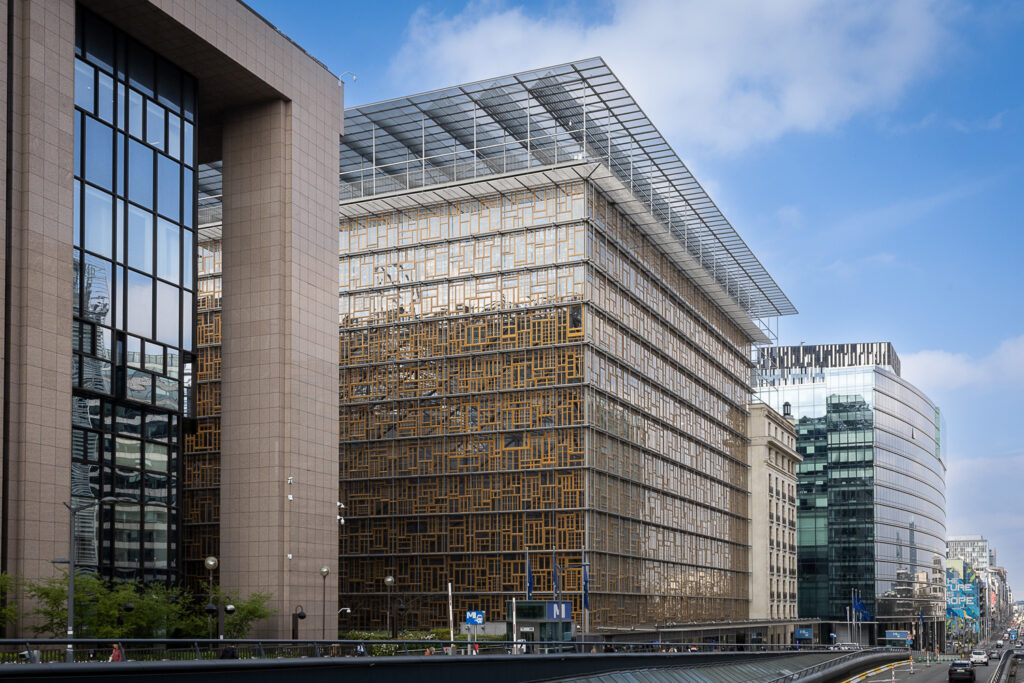From today (1 January), Belgium assumes leadership of one of the principal institutions of the European Union: the Council of the EU.
With the June elections on the horizon, the Belgian Presidency is the last of this legislature, which began in 2019, and it has its work cut out for it.
This is the 13th time that Belgium has presided over the Council, which convenes Cabinet Ministers and State Secretaries from the 27 Member States every week, either in Brussels or Luxembourg.
It has chosen six priority themes: the rule of law, competitiveness, ecological transition, the social agenda, asylum and migration, and foreign policy.
Sharing legislative powers with the European Parliament, the Council represents the intergovernmental aspect of the EU's day-to-day decision-making process, determines the EU's foreign policy and budget decisions and concludes international agreements (not to be confused with the European Council, which sets the broad political directions, nor the Council of Europe, a non-EU body consisting of 46 countries that promotes human rights).
Neither the Council nor the Parliament has the right to initiate legislative proposals – that is the European Commission's prerogative. However, the Council may request and modify proposals from President Ursula von der Leyen's team before negotiating the final texts with the Parliament in the strategic "trilogue" discussions.
The Council frequently dominates the Parliament in the heavily intergovernmental EU, despite increased parliamentary power. This sometimes forces the Council to make concessions.
The Council's main challenge is achieving consensus amongst 27 diverse countries, either through majority (simple or qualified) or unanimous decisions, depending on treaty provisions. The Council often ensures proposed legislation does not create a "blocking minority", addressing concerns of all capitals. Unanimity requirements can occasionally paralyse the Council due to a single country's veto.
Related News
- How Belgium is kicking off its European Presidency next week
- 'Beating heart of Europe': Brussels to play central role during Belgium's EU presidency
- Belgians not hopeful for EU presidency results, poll says
Around 70 to 80 ministerial Council sessions are held annually, divided into ten formations: Agriculture and Fisheries; Competitiveness; Economic and Financial Affairs (including the informal Eurogroup for eurozone members); Environment; Employment, Social Policy, Health and Consumer Protection; Education, Youth, Culture and Sport; Foreign Affairs; General Affairs; Justice and Home Affairs, and Transport, Telecommunications and Energy.
To assist the ministers, the Council relies on each country's EU ambassadors and their teams, assembled in the 'Coreper' (the Committee of Permanent Representatives). Over 150 groups and committees of civil servants from all Member States work on the texts daily.
The Presidency's main duties are to stimulate the works, plan meetings of the preparatory bodies and ministers, or represent the Council in relations with other EU institutions. Its dynamism is considered crucial to the European project. Belgian presidencies are usually seen as highly proactive.
As the final presidency of the legislature, Belgium will also have to help the 27 Member States set the political priorities for the next legislature (2024-2029), foremost among which is the prospect of enlarging the Union to 30 members or more, coupled with institutional reform.

